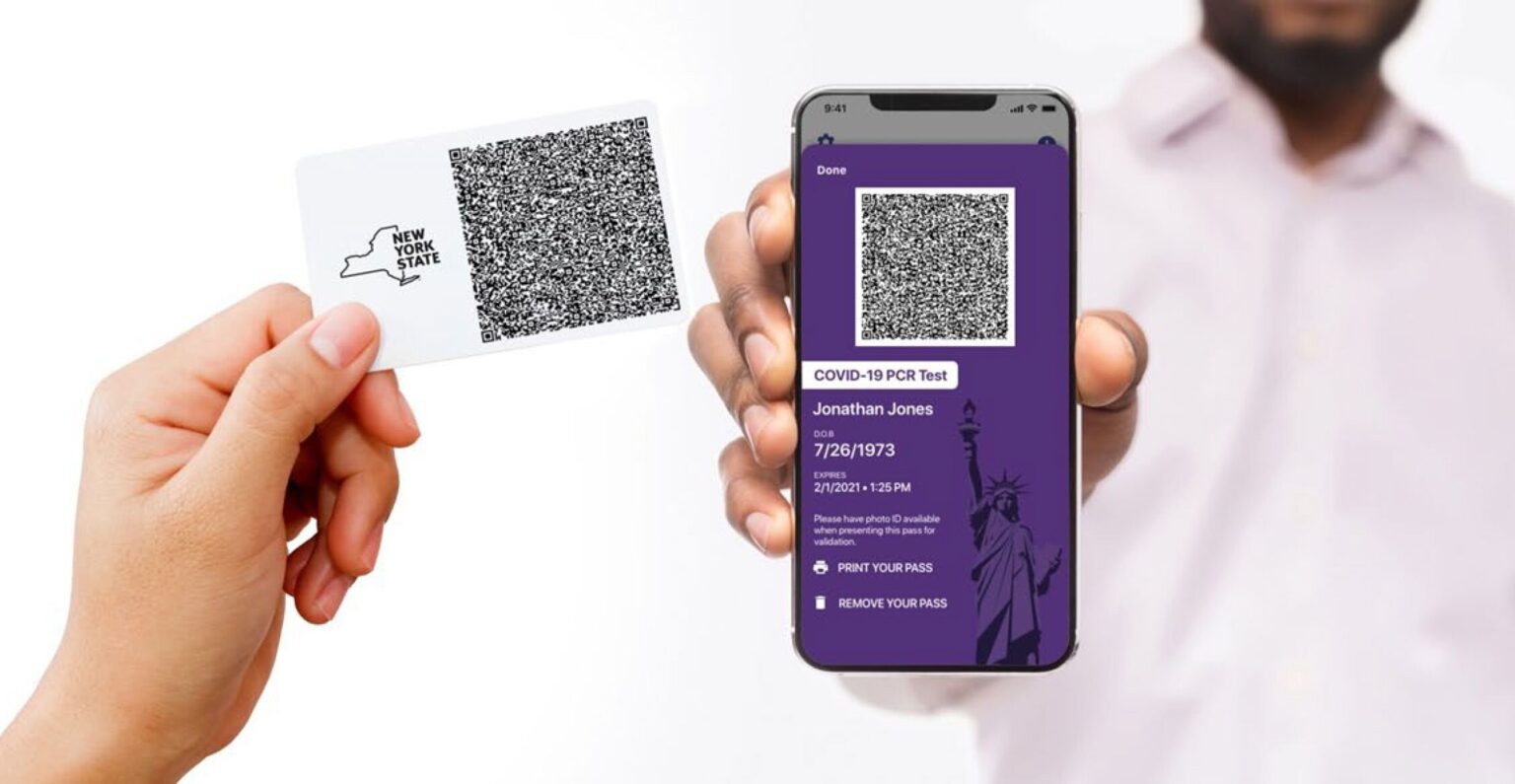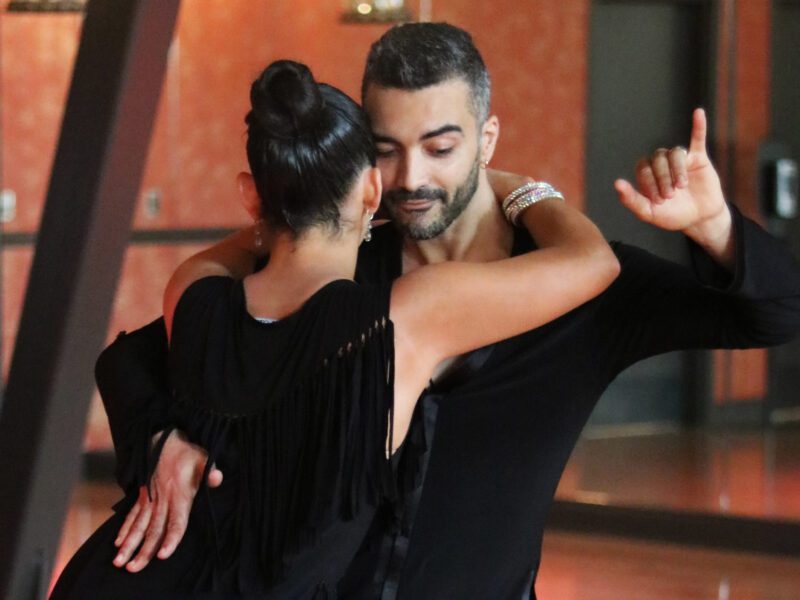
Are vaccine passports the future? See NYC’s new app for yourself
With more vaccinations being distributed every day, the risks COVID-19 poses to everyone are decreasing. According to Bloomberg, over 546 million shots have been given with 143 million doses administered in the U.S.. Those health care workers and those most vulnerable to COVID-19 are, of course, receiving the vaccine first, but others have been able to nab doses as well.
But before everything can start opening up again at full capacity, certain places need to verify who has the vaccine in order to allow entry. While those vaccinated do have a card to prove it, a new, more practical & secure form of proof is emerging in the form of a digital Excelsior Pass.
How does it work and how do you get one? We’re taking a look at New York’s COVID-19 vaccine app and how it might function as what some people call “COVID-19 passports”.

What does the Excelsior Pass do?
The Excelsior Pass is intended to work like your phone’s virtual wallet or a printout with a QR code that can be shown & scanned by participating businesses or venues. The information registered on the app can signify whether it’s safe to allow entry into a concert, airport, etc.. Not only will the app reveal who has been vaccinated, it can also reveal who has recently tested negative for infection.
Governor Andrew Cuomo explained that the Excelsior Passports will allow “more sectors of the economy to reopen safely and keeping personal information secure.” The app launched on Friday after thousands of New Yorkers tested the app, and it will soon spread across the United States.

Where will the Excelsior Pass be used?
Of course, the first to adopt the app will be large New York venues such as Madison Square Garden and Albany’s Times Union Center. On April 2nd, the use of the passes will be permitted to smaller venues and eventually this verification will be useful to expand the guest limit for catered events like weddings, according to Engadget.
However, New York state officials have clarified that the Excelsior Pass is completely voluntary for businesses and the general public. Some have expressed how the vaccine passport will be more convenient, making everything open up much quicker.

Skeptics doubt the Excelsior Pass
State officials affirmed that the IBM-powered apps don’t store private health data and that data is highly encrypted to ensure verification can’t be faked. But this alleged security doesn’t necessarily mean there won’t be technical challenges when it comes to limited technology access and monitored enforcement of the app.
One expert has raised issues with the platform’s privacy policy, claiming it fails to explain how secure the app is. “It’s really just high-tech hydroxychloroquine,” Albert Fox Cahn, an attorney & founder of Surveillance Technology Oversight Project, told Gothamist.

“I have more detailed technical documentation about the privacy impact of nearly every app on my phone than I do for this health pass,” Cahn said. “IBM and the governor are using lots of buzzwords, but they’re not explaining their cryptographic model. They’re not explaining the security implementation. And on top of it, the pass itself is incredibly revealing, disclosing not only people’s health status, and name but their date of birth.”
Ethical questions have been universally raised, as people express distaste at the thought of sharing personal medical information and relying on a vaccine passport app in order to attend an event. Cahn also weighed in on the exclusivity, calling the app “digital segregation” for those who don’t own a smartphone.
—
We’ll have to wait and see whether these digital passports will be a thorn in everyone’s side or present a saving grace for businesses needing to expand their capacity. Let us know your thoughts about the Excelsior pass below.






